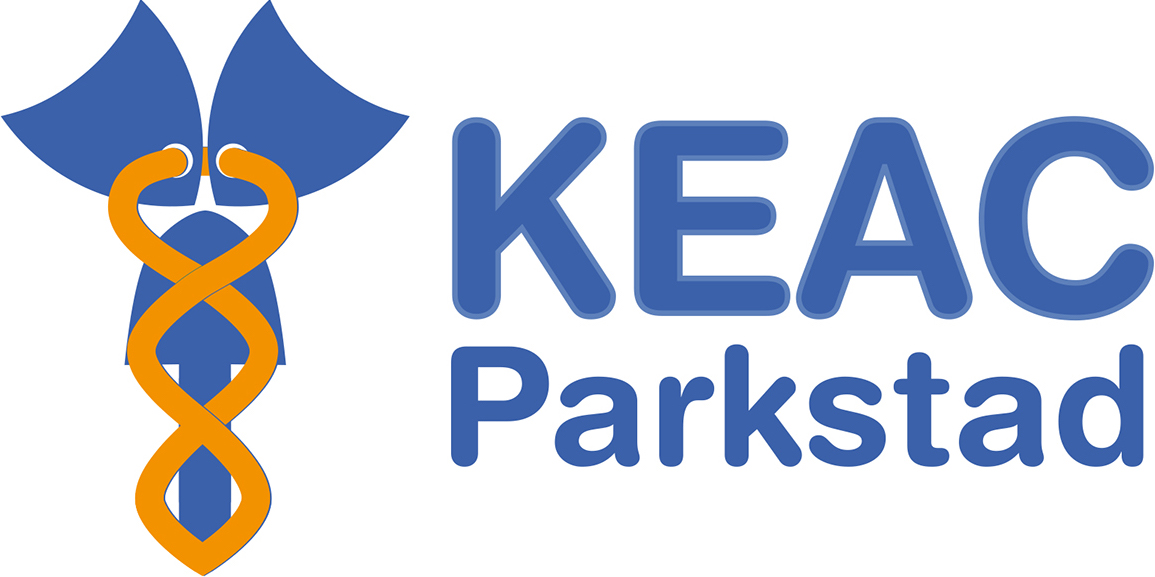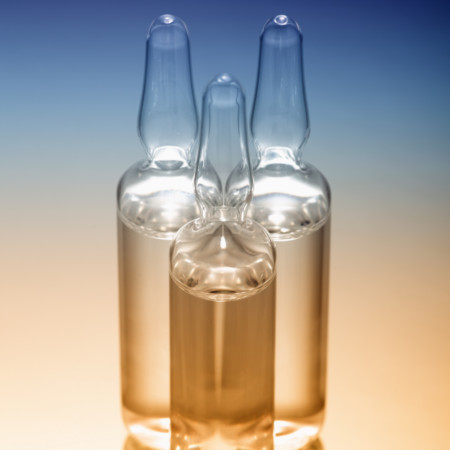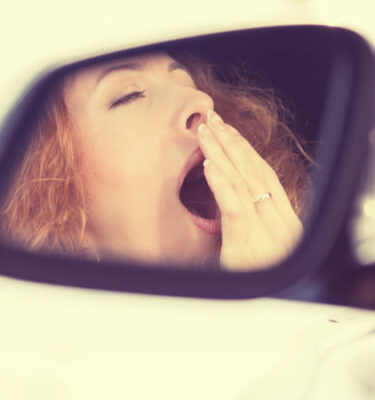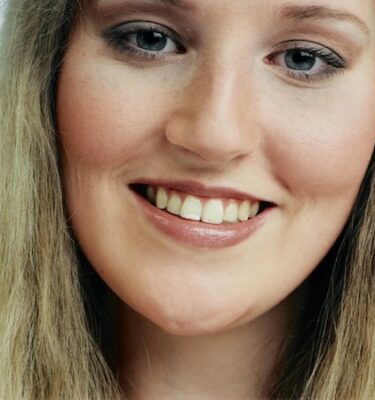Description
This test is a blood test. If a reduced cholinesterase activity is present in blood, sensitivity to anaesthetics may be present. Even with normal cholinesterase values, the breakdown of certain anaesthetics may be limited. Plasma cholinesterase is inhibited by the amide local anaesthetic Dibucaine. Because Dibucaine inhibits the plasma cholinesterase more than the atypical forms, the percentage of the normal or atypical form can be determined and reflected in the Dibucaine number. If an atypical cholinesterase is present, the effect of a heterozygous disorder may be prolonged in the range of minutes, but in the case of a homozygous form, it may even be several hours. If the value is greater than 70%, a normal picture is indicated. A value between 30 and 70% indicates an intermediate picture. Values of less than 30% are referred to as atypical.
Another cause for a longer duration of action of depolarising muscle relaxants may be a genetically determined disturbance of the plasma cholinesterase activity. This is clinically relevant only at concentrations of plasma cholinesterase of less than 500 IU/l. Acquired disturbances of plasma cholinesterase may occur due to reduced synthesis of esterase in hepatic or renal insufficiency, in a strained liver during pregnancy or by interaction with certain medicinal products such as cholinesterase inhibitors, antihistamines, metoclopramide.





